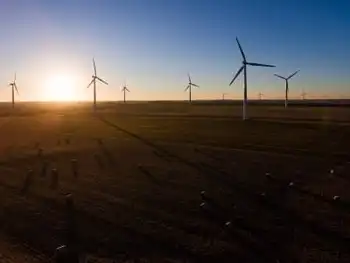British Energy gets temporary state credit rise
- British Energy Plc , the UK's biggest power producer, said on Thursday the UK government had agreed to increase its credit facility temporarily by 75 million pounds ($129 million), to 275 million pounds. Rescued from insolvency last year by a state bail-out, the loss-making producer of a fifth of Britain's power had said on Wednesday that it asked for more cash on top of its existing emergency loan.
The move followed an announcement that unplanned stoppages at two nuclear power stations had cost it around 50 million pounds. "The company is facing short-term pressures on liquidity," British Energy said in a statement. "Taken together with other initiatives, this temporary increase in the government facility will provide the company with additional financial flexibility." British Energy said the temporary increase in the loan would only be available until February 22, 2004, or until the receipt of proceeds from the sale of its 50 percent stake in U.S. company AmerGen Energy Co.
Related News

Drought, lack of rain means BC Hydro must adapt power generation
VANCOUVER - BC Hydro is adjusting its operating plans around power generation as extended heat and little forecast rain continue to impact the province, a report says.
“Unpredictable weather patterns related to climate change are expected to continue in the years ahead and BC Hydro is constantly adapting to these evolving conditions,” said the report, titled “Casting drought: How climate change is contributing to uncertain weather and how BC Hydro’s generation system is adapting.”
The study said there is no concern with BC Hydro being able to continue to deliver power through the drought because there is enough water at its larger…




